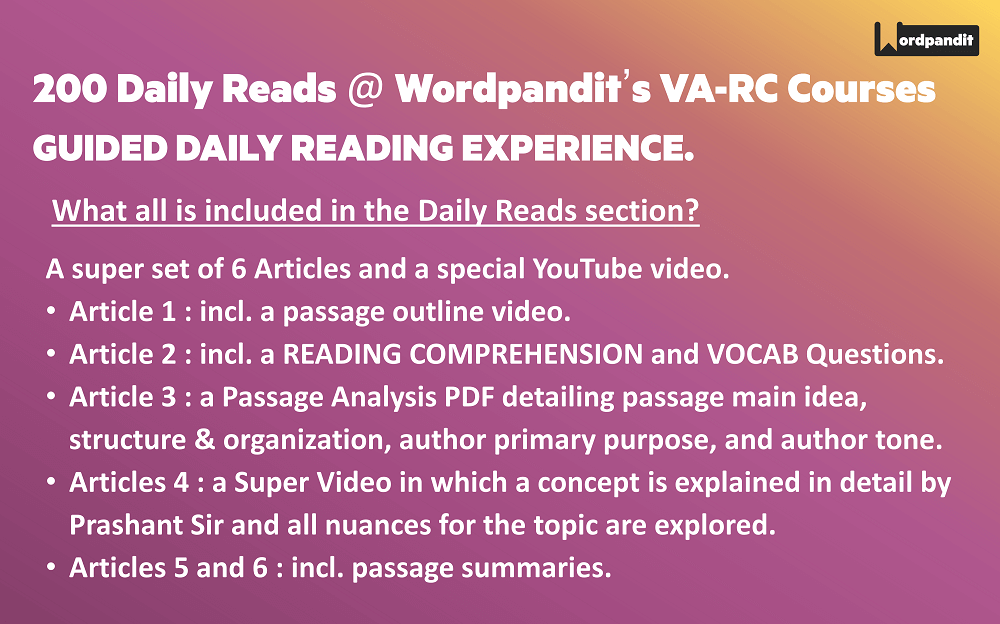Article Title: Why speaking to yourself in the third person makes you wiser
Article Summary
The article at issue makes a case for the productive study of wisdom, stressing on the use of “illeism” as a way to increase wisdom and intellectual health at least in the short term. “Illeism” is the practice of referring to oneself in the third person, which, the author suggests, makes you definitely wiser temporarily. The practice could have long term benefits too, and has been trusted through history by prominent figures like Julius Caesar. The information to back up the efficiency of “illeism” has been derived from real experiments on real people. When pitted against a control group, people using these techniques emerged more emotionally sentient and wise because they could make more impartial decisions about themselves on a comparative scale. While there may be downsides to this technique, notably the exhibition of a juvenile state of intellectual maturity and narcissism, the reality could be far from these downsides. Along with what intellectual benefits “illeism” may convey, it also has great implications for epistemology – the study of wisdom, regarded as too complicated and unproductive before, has been opened up a little more for further exploration. Though scientists reiterate that intelligence can neither be efficiently quantified nor increased very much, wisdom definitely can be, making practices like “illeism” all the more useful for humankind.
Article Link: Click here to read the full article
Words to learn from the article:
Insight: deeper knowledge and understanding.
Astray: in a different direction, or detached from, an initial intended goal or direction.
Rumination: deep thought.
Rhetorical: involved with the exercise of speaking.
Biases: prejudices.
Affective: relating to emotion and temperament.
Want more Daily Reads? Explore here:








